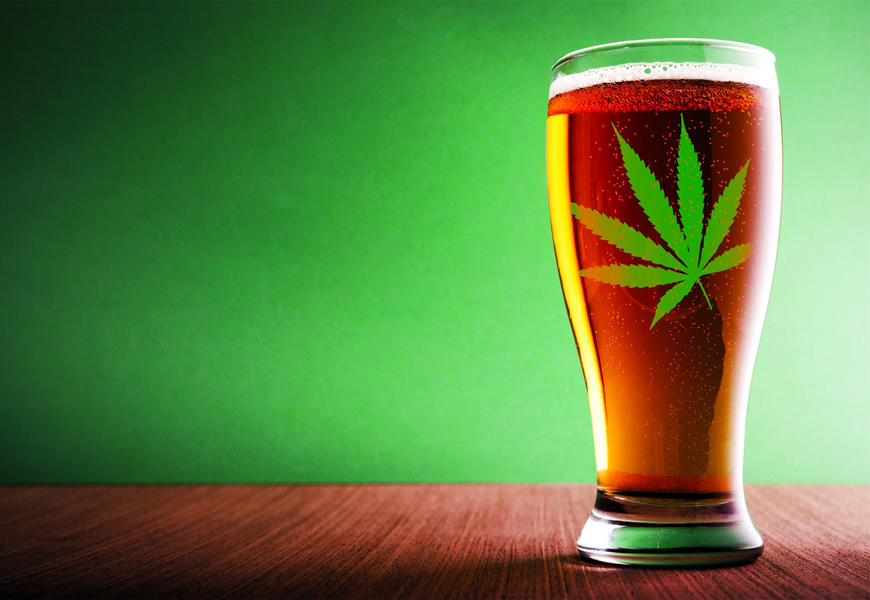The Evolution of Modern Dental Care
The landscape of dental care continues to evolve, with innovative approaches being incorporated to enhance patient experience. Progressive dental practices, including those of any respected dentist Soho, are increasingly recognising the value of holistic treatments alongside traditional dental procedures. Among these complementary therapies, aromatherapy’s role in reducing dental anxiety and promoting oral wellness has gained significant attention in recent years.
Understanding Aromatherapy in Dental Settings
The Science Behind Scents
Aromatherapy in dental practices involves the strategic use of essential oils to create a more relaxing environment for patients. These natural compounds work through the olfactory system to influence the limbic system, which plays a crucial role in emotional responses and stress regulation. When properly implemented, these aromatic interventions can significantly reduce anxiety levels and create a more positive dental experience.
Essential Oils in Practice
Dental-specific aromatherapy solutions typically incorporate several key essential oils, each chosen for their unique properties:
- Lavender – Known for its calming and anxiety-reducing properties
- Bergamot – Helps alleviate stress and promote relaxation
- Chamomile – Offers gentle sedative effects
- Peppermint – Provides refreshing properties and promotes alertness
Implementation in Modern Dental Practices
Forward-thinking dental practices, including those of any distinguished dentist Soho, are incorporating aromatherapy through various methods. These may include diffusers in waiting areas, scented towels, or aromatherapy-infused pillows. The integration of these elements requires careful consideration of patient preferences and potential sensitivities.
Benefits for Patient Care
Clinical studies on dental aromatherapy have demonstrated numerous advantages, including:
- Reduced anxiety before and during procedures
- Decreased heart rate and blood pressure in nervous patients
- Enhanced overall patient satisfaction
- Improved atmosphere for both patients and staff
When implemented by an experienced dentist Soho or other dental professional, aromatherapy can serve as a valuable tool in creating a more welcoming and stress-free environment.
Professional Integration and Best Practices
Training and Implementation
Dental practitioners must ensure their staff receive proper training in aromatherapy applications. This includes understanding appropriate oil dilutions, contraindications, and methods of administration. The focus should remain on creating a subtle, pleasant environment rather than overwhelming patients with strong scents.
Customisation for Patient Needs
Each patient’s preferences and sensitivities must be considered when implementing aromatherapy in dental settings. Some individuals may have specific allergies or aversions to certain scents, making it essential to maintain detailed patient records and offer alternatives when necessary.
Safety Considerations and Guidelines
While aromatherapy offers numerous benefits, dental practices must adhere to strict safety protocols. This includes:
- Using only therapeutic-grade essential oils
- Maintaining proper ventilation in treatment areas
- Following recommended dilution ratios
- Documenting any adverse reactions
Environmental Impact
The implementation of aromatherapy in dental practices also considers environmental factors. Many practices opt for sustainable and organic essential oils, demonstrating commitment to both patient welfare and ecological responsibility.
Looking Ahead: The Future of Dental Care
The integration of aromatherapy into dental practices represents a broader shift towards more patient-centred care approaches. As research continues to validate the benefits of complementary therapies, more dental practices are likely to adopt these methods to enhance patient comfort and satisfaction. The future may see further developments in this field, including:
- Personalised aromatherapy protocols based on individual patient needs
- Advanced diffusion systems with precise control over scent intensity
- Integration with other complementary therapies
- Enhanced training programmes for dental professionals
Moving Forward in Dental Care
The incorporation of aromatherapy into dental practices signifies a progressive approach to patient care. By combining traditional dental expertise with holistic methods, practitioners can create more comfortable and positive experiences for their patients. As the dental industry continues to evolve, the role of complementary therapies like aromatherapy is likely to expand, contributing to more comprehensive and patient-friendly dental care solutions.





